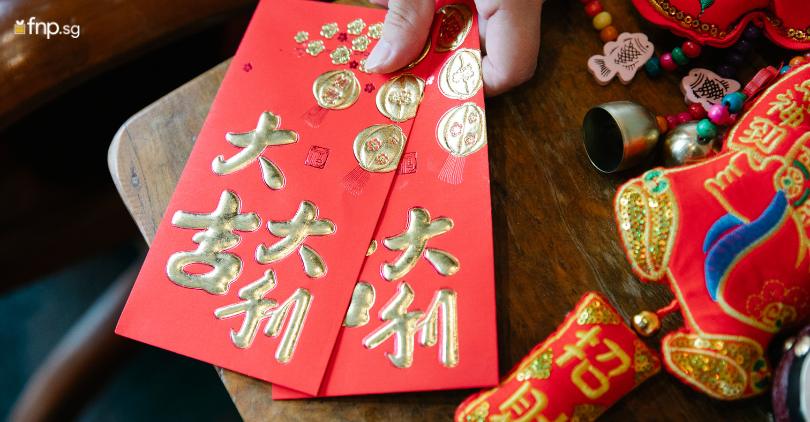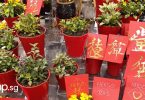1st Day: Birthday of Chicken
- As per the Chinese Legend, Nüwa (Traditional Chinese: 女媧; Simplified Chinese: 女娲) is the Goddess who created the world. She began by creating animals each day, and so, the 1st day of the Chinese New Year festival is the celebration of the birth of the chicken.
- As per Chinese New Year tradition, the first day of the year is known as Yuan Dan (Chinese: 元旦), and so, the oldest and senior-most members of the family are greeted. The purpose of this visit is to strengthen the family ties.
- It is believed that abstaining from meat consumption on the first day leads to longevity. Thus, vegetarian dishes are prepared at home because they help purify and detox the body.
- All activities of cleaning and sweeping are discouraged as one couple sweeps away good luck.
- This day also sees beautiful lion and dragon dances with firecrackers bursting on the busy streets of Singapore.
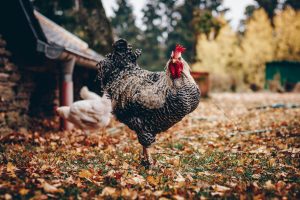
Source: Pexels
2nd Day: Birthday of Dog
- According to the legend of Nüwa, the second day is the birthday of the dog. Therefore, all strays and pets are well fed and taken care of today.
- It is also the day for married women to visit their maternal home with their husbands and children.
- On the second day of the CNY celebrations 2022, the God of wealth- Tsai Shen, leaves for heaven after accepting his devotees' sacrifices.
- People burn the picture welcomed on New Year Eve and see God off, wishing for a prosperous and lucky year ahead. Also, in his honour, they eat wontons.

Source: Pexels
3rd Day: Birthday of Pig
- As per the Nüwa, the third day is the birth of the Pig.
- Families that have suffered the death of a loved one in the last 3 years do not socialise to pay their respects to the dead.
- The third day is for visiting graves and paying respects to the dead.
- Some believe it is inauspicious to go outside as evil spirits roam the streets. Others say it is easy to get into arguments on this day, so they prefer to stay indoors.
- Some businesses open up to hold prayers and seek blessings of prosperity for the coming year.
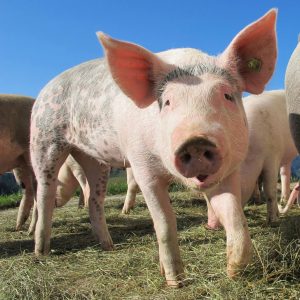
Source: Pexels
4th Day: Birthday of Sheep
- Per the legend of the Goddess of the world Nüwa, sheep were born on the 4th day.
- It is also the day to honour the God of Kitchen (灶神) who, according to a legend, comes to Earth to watch over families. People offer him food and wine and wish for an accident-free kitchen.
- In all, the fourth day of the CNY celebrations in 2022 is a continuation of the third day.
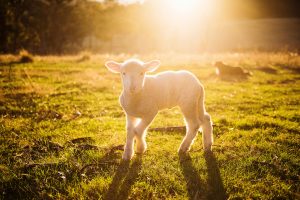
Source: Pexels
5th Day: Birthday of Ox, Cattle
- In the Nüwa legend, this day is the birthday of the Ox.
- It is also the birthday of the God of Wealth. Therefore, people stay outdoors only for a short while, just in case the God of wealth pays a visit to their home.
- All businesses, including the Traditional Chinese ones, reopen today.
- Visitations to friends and classmates are widely seen.
- Sweeping the floors from the fourth day is no longer an act of bad luck.
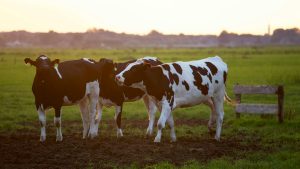
Source: Pexels
6th Day: Birthday of Horse
- The Legend of Nüwa says that the sixth day is the birth of the horse.
- Most people use the sixth day of the Chinese New Year festival to visit temples, friends, and family members.
- One legend says that this day is also to cast the Ghost of Poverty away. So, folks give away their ragged clothes, old and dirty belongings.

Source: Pexels
7th Day: Birthday of Men
- The seventh day of the CNY celebrations 2022 is called renrì, which means Human Day. It is thought to be the day of the birth of ordinary men.
- Two legends of Nüwa are associated with the birthday of men.
- To honour the Goddess' creations, folks consume vegetarian dishes, raw fish, or a salad called yusheng.
8th Day: The Completion Day
- Per the Nüwa legend, the eighth day of the Chinese New year festival is the creation of the five grains of the food system.
- By this day, most of the festive activities are completed and all leftovers are finished.
9th Day: Birthday of Jade Emperor
- This day is celebrated as the birth of the Jade Emperor, also known as the Yù Huáng or Yù Dì.
- He is considered the God of Heaven and the ruler of all heavens.
- Folks continue the CNY celebrations 2022 by bringing scented flower candles to ponds and rivers.
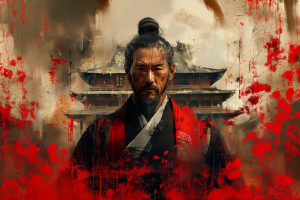
Source: Pexels
10th, 11th & 12th Day: Feasting
- The 10, 11th and 12th days of the festival are mainly about feasting, greeting, and exchanging Chinese New Year gifts.
- People meet their friends and colleagues.
- Sons-in-law are invited home for grand family meals and to spend quality time.
13th Day: Dieting Day
- As the saying goes, every good thing must come to an end; the Chinese New Year festival also nears its end.
- People focus on improving their diet and detoxifying their bodies after heavy feasts.
- A ton of mustard greens and rice are consumed to help cleanse the body efficiently.
14th Day: The Lantern Decoration
- On the 14th day of the CNY celebrations 2022, people begin to get excited about the grand finale.
- Besides visiting temples and attending lion and dragon shows, folks start decorating their homes and streets with lanterns.
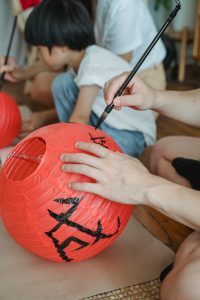
Source: Pexels
15th Day: The Lantern Festival
- The last day of the CNY celebrations 2022 is the lantern festival. It is the first night of the full moon after the Spring Festival.
- The last reunion dinner is held wherein oranges and lanterns have a great significance.
- Eating sweet dumplings, also called yuan xiao (resembling the moon), is a part of the custom.
- Lanterns can be seen at homes, at fests, and even tied to children's hands as they carry them to temples.

